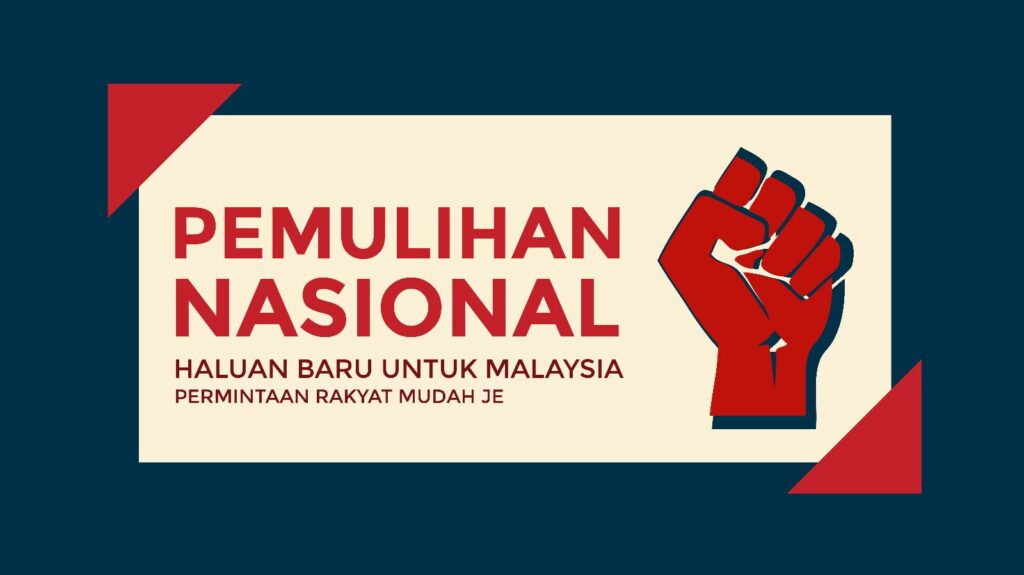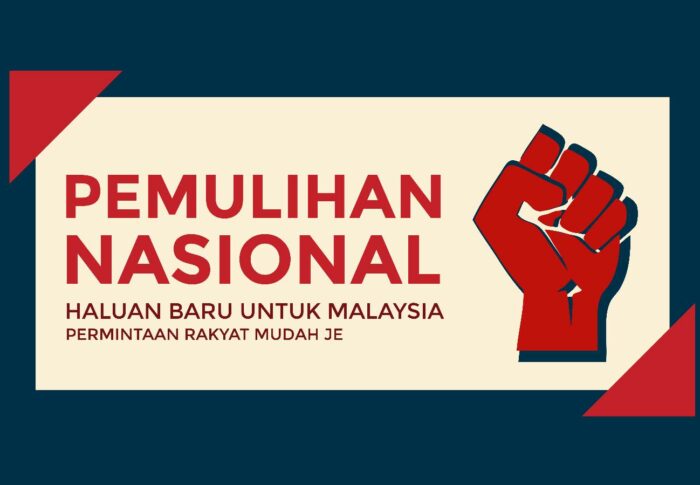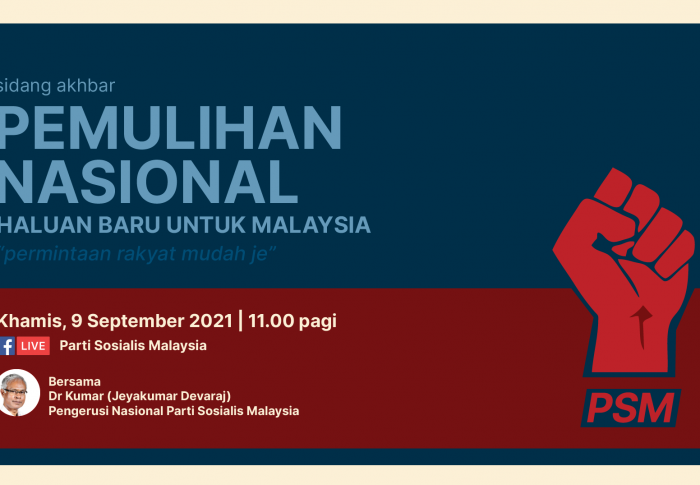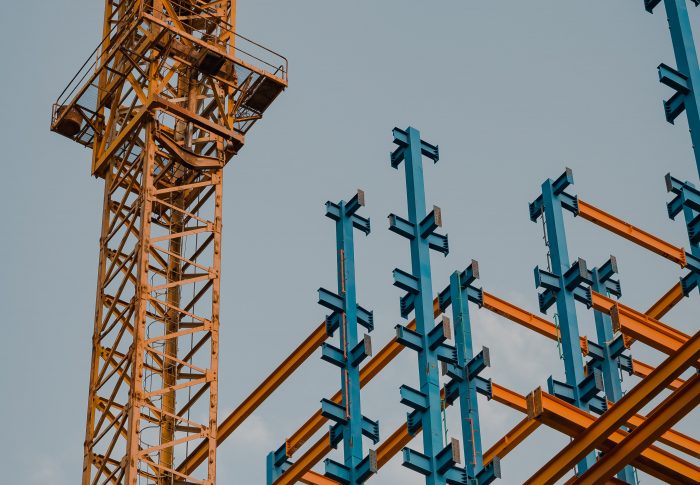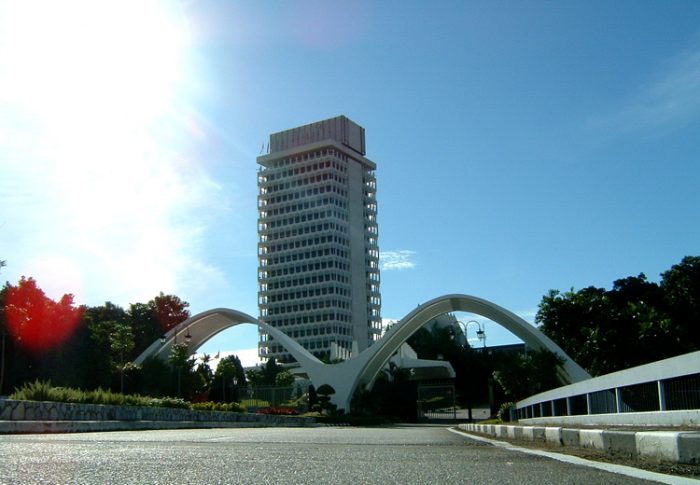Let the Morning Star Flag fly: Solidarity with the West Papua’s struggle for self-determination
1st December 2021
60 years ago, on 1st December 1961, the West Papuan national flag, the Morning Star, was raised for the first time on West Papua’s soil. The flag represents Papuans’ dreams for a Free West Papua.
Ever since the flag was first raised 60 years ago, the people of West Papua have continuously been denied their fundamental right to self-determination. Numerous West Papuans have committed themselves to the unfinished battle for self-determination by a variety of actions, including the hoisting of the Morning Star flag. Since Indonesia’s takeover of West Papua, the Indonesian government has deemed hoisting the Morning Star flag as illegal, and anyone who does so, is at risk of imprisonment and punishment by the authorities. Despite constant harassment, the people of West Papua maintain the annual practise of raising the Morning Star flag on 1st December.
Not long after the Morning Star flag was first raised in 1961, the Papuans’ dream of a Free West Papua was crushed by the 1962 New York Agreement. The agreement to hand over power of West Papua to Indonesia from the Dutch colonial government was part of the US Cold War plan to distance Indonesia from the Soviet Union’s influence. It is crucial to note that the agreement was signed by the Netherlands and Indonesia under the supervision of the United States and no representatives from the indigenous Papuan community were involved. In 1969, the “Act of Free Choice” became the “Act of No Choice”, with 1025 “representatives” being handpicked by the military to vote in a “referendum” held under the gunpoint of the Suharto dictatorship, formally annexing West Papua to Indonesia. The annexation and colonisation of West Papua was the result of imperialist meddling to safeguard international capital’s interests in the resource-rich region.
Since Indonesia’s annexation of West Papua, an estimated 500,000 Papuans have been slaughtered in their quest for self-rule by the oppressive Indonesian military. The people of West Papua have undergone decades of violent subjugation and a fear-based society. The Indonesian military and police have systematically suppressed Papuans by inciting racial sentiments. West Papua has a long history of torture, extrajudicial murders, and forced relocation. In 2019, a wave of huge demonstrations erupted in West Papua in reaction to police and racist right-wing mob assaults on Papuan students. It was, however, greeted with another wave of brutal repression from the authorities.
Since the 1960s, the Indonesian government has acted as a protector of foreign capital’s interests in West Papua. Freeport-McMoRan, a giant US mining firm, signed an agreement with the Indonesian government in 1967 to mine gold and copper in West Papua. The extractive industries in the resource-rich region, which are supported by the repressive Indonesian military and imperialist powers, are not benefiting indigenous communities in West Papua, and have left a lasting scar on them as a result of continuous land theft and systematic ethnic cleansing.
Numerous Papuans and Indonesians who backed West Papua’s fight for self-determination have been subjected to arbitrary arrests, detentions, and prosecutions under Indonesia’s oppressive laws throughout the years. According to the Papuans Behind Bars, 2021 report, 418 individuals were arrested during a one-year period from October 2020 to September 2021, with as many as 106 persons still detained, the majority of whom have been charged with treason by Indonesian authorities.
Despite living under oppressive circumstances, the Papuan people gathered 1.8 million signatures for a petition calling for an independent referendum, which they presented to the United Nations Special Committee on Decolonization in 2017 and to the United Nations Human Rights Office in 2019. Nonetheless, the Indonesian government is mostly rejecting the Papuan people’s demand for a legitimate referendum separate from the 1969 “Act of No Choice”.
On this historic 60th anniversary of the raising of the Morning Star flag, we would like to reiterate our support to the struggle for self-determination of the people of West Papua.
We urge the Indonesian government to:
1. Recognize and respect the right to self-determination of the people of West Papua, including holding a referendum to decide on the future of West Papua;
2. Stop repression against the people of West Papua who are voicing out their demands for self-determination, including those who raise the Morning Star flag;
3. Free all political prisoners from West Papua and those who supported the Papuan cause for self-determination;
4. Protect the right to freedom of information, freedom of expression, freedom of association and freedom of thought for the Papuan people;
5. Improve the lives of the people of West Papua by enhancing social protection;
6. End racism against the people of West Papua.
We also reject all forms of imperialists meddling in the process to achieve self-determination for the people of West Papua.
We call upon the people around the world to strengthen our solidarity with the struggle of Papuan people for self-determination.
Released by,
Choo Chon Kai
Central Committee Member of the Socialist Party of Malaysia (PSM)
Coordinator of PSM International Bureau
Amanda Shweeta Louis
Coordinator of PSM International Bureau’s West Papua Working Group

